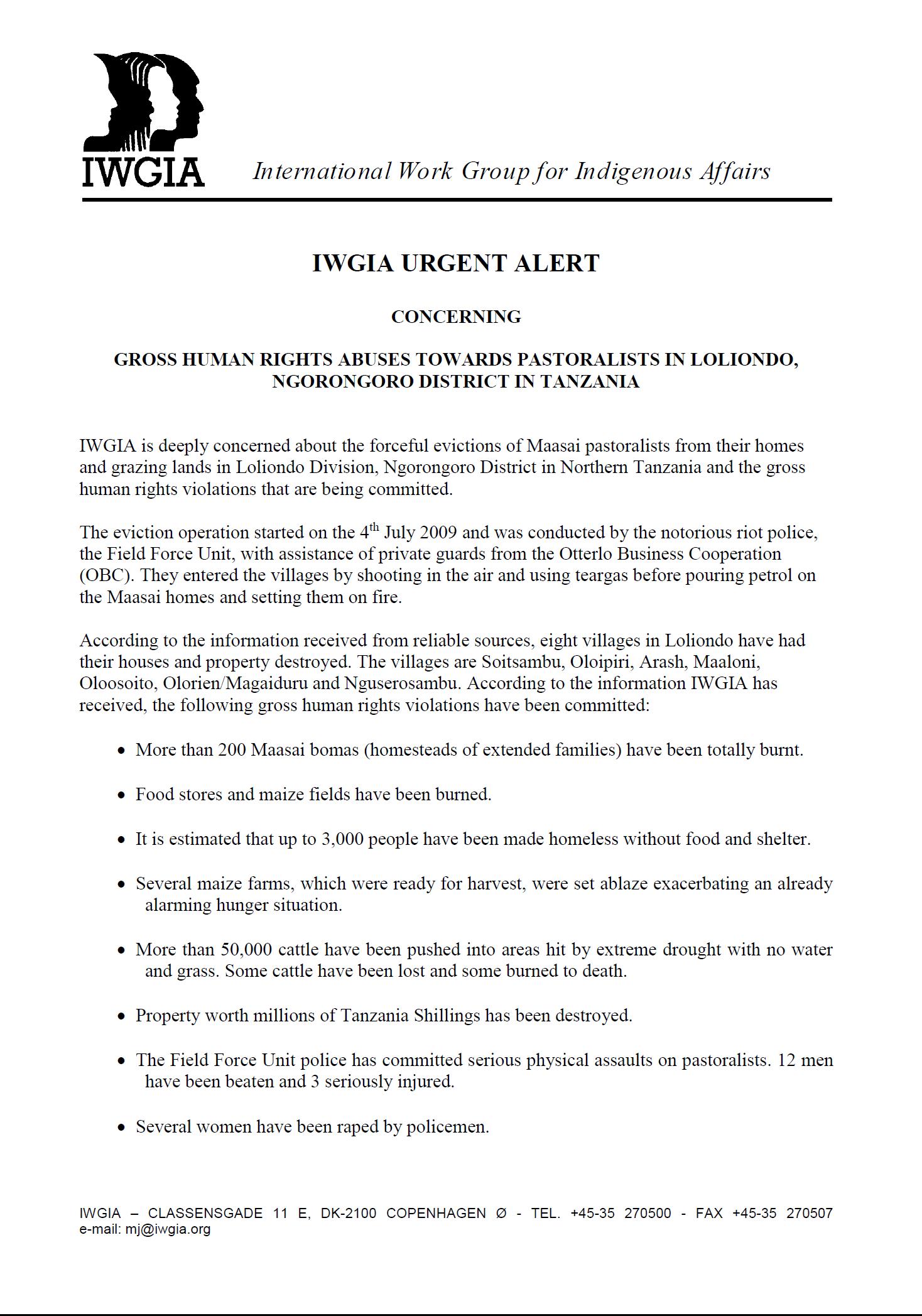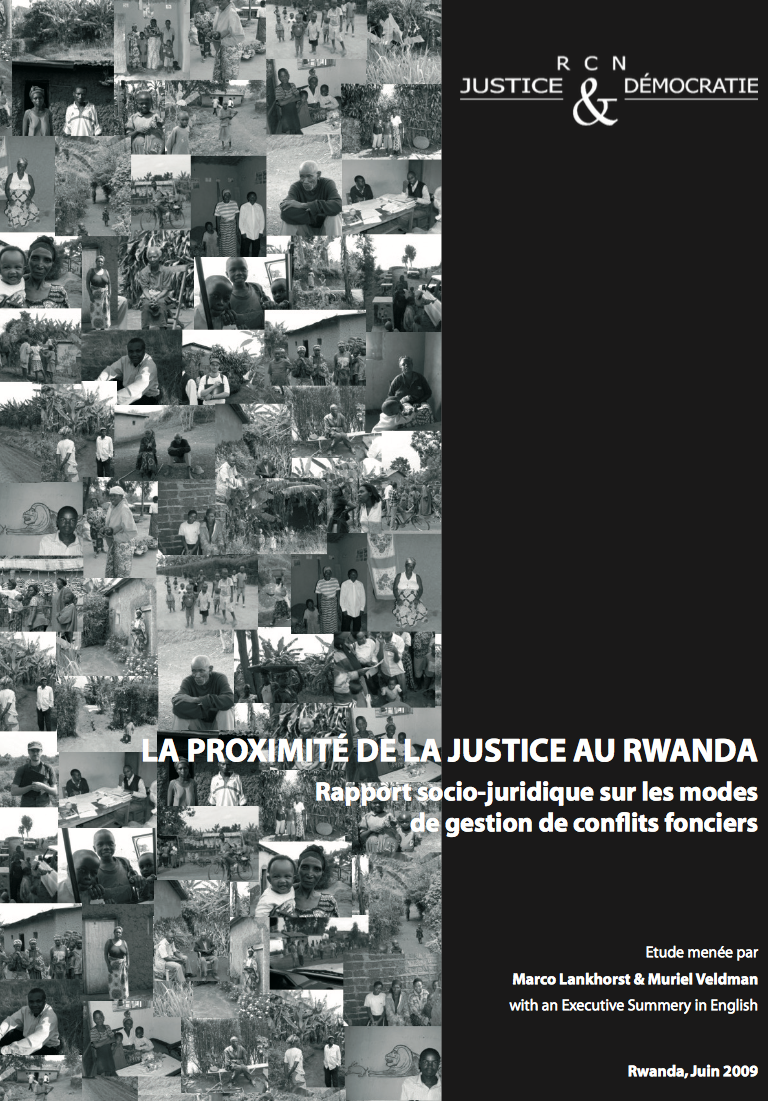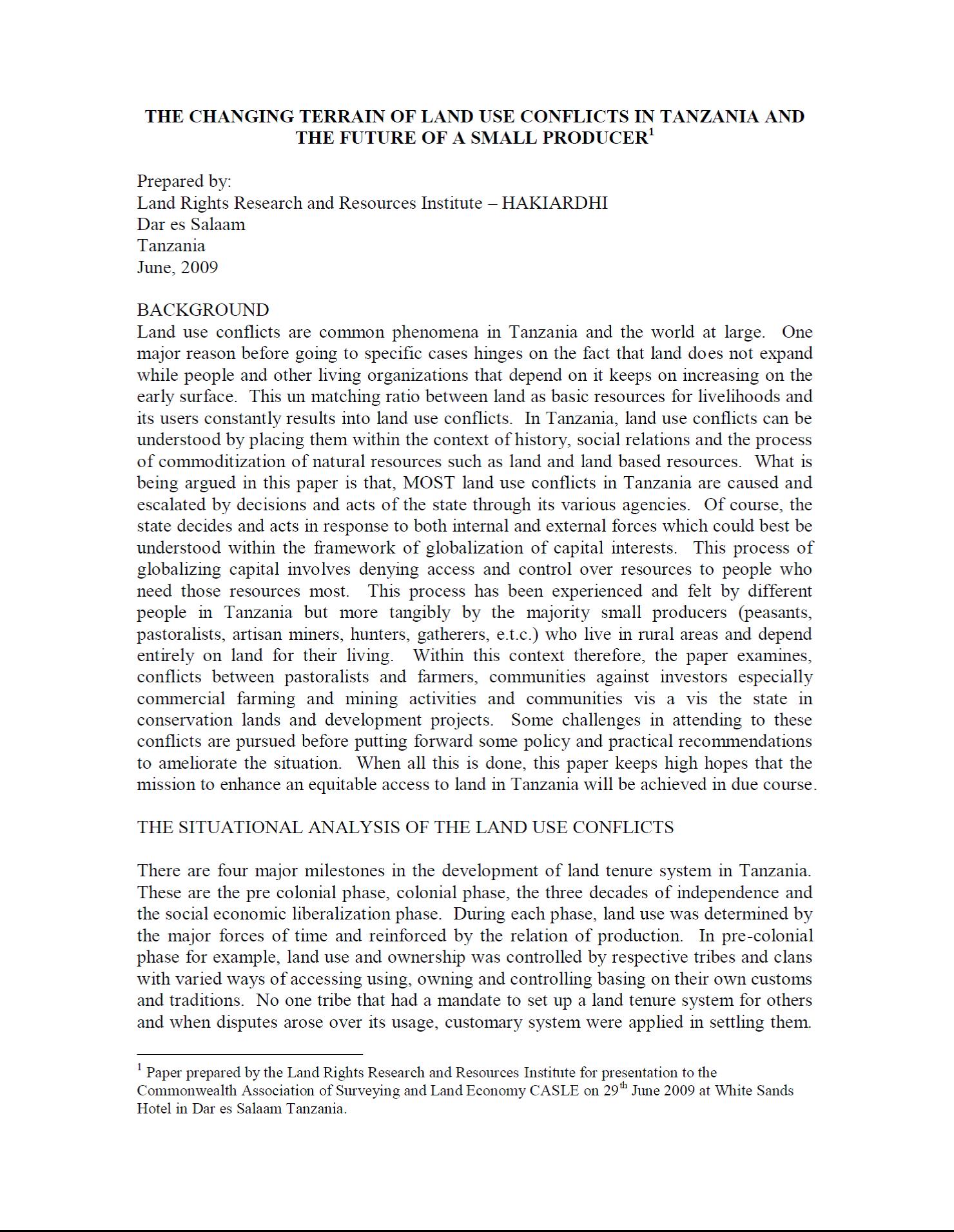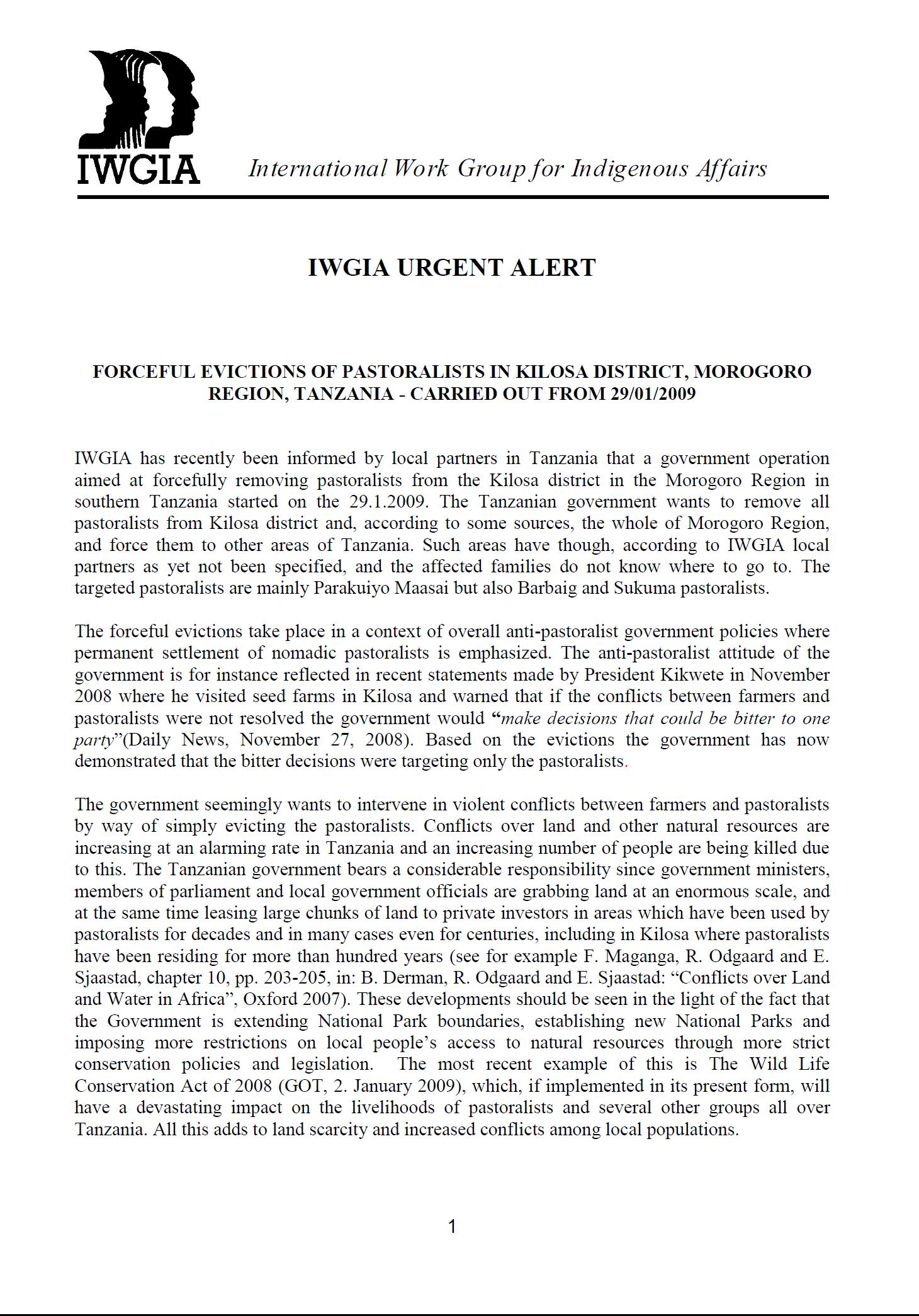Women and land after conflict in Rwanda
Female-headed households often experience inequalities in access to resources and income-generating opportunities. Conflicts may make women poorer. But it is important to realise that conflicts also offer an opportunity for change in which gender stereotypes shift and gender roles and identities can be renegotiated. Did genocide and civil war in Rwanda lead to new opportunities for rural women?











